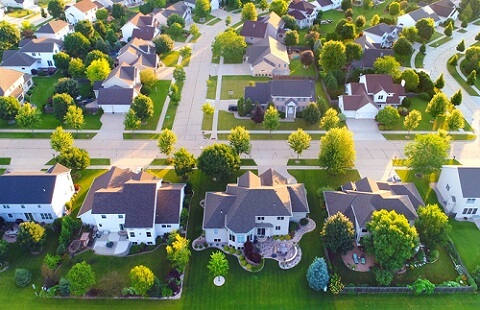Firm says there's a chance economic rebound will drive a rise in mortgage despite Fed’s promise

Fannie Mae has outlined its latest economic outlook for 2021.
The mortgage giant expects continued vaccination efforts and additional stimulus support to help the US economy rebound this year and boost annual GDP growth by 6%. The acceleration in economic growth will likely push housing price growth by 4.5% in 2021 before it slows down later in the year. There’s also a chance that mortgage rates will start to rise if economic growth is as strong as Fannie anticipates.
“We expect mortgage originations to remain strong, at $3.9 trillion in 2021, but down from the record $4.4 trillion last year. Such activity would fuel continued growth in our guaranty book and our remitted guaranty fee income,” said Celeste Mellet Brown, executive vice president and chief financial officer of Fannie Mae. “While we expect amortization income to remain high in 2021, we expect it to decline from 2020 as refinance activity will likely begin to slow in the second half of this year.”
Demand for mortgages also continued to drop in the past few weeks, down 4.1% for the week ending February 05, according to the Mortgage Bankers Association. Purchase applications fell 4.7%, the largest weekly decline since the beginning of December, while refinance applications declined by 4.2%.
“Purchase mortgage applications fell for the second time in the past three weeks, which could indicate a slower pace of sales in February and supports our expectation of a deceleration in residential investment in the first quarter of 2021,” Fannie Mae’s Economic and Strategic Research Group wrote in a report.
“In terms of credit, a continuation of the strong housing market and an expected economic recovery in 2021 would be positive factors,” Brown added. “However, much uncertainty remains as new COVID variants appear, and it is difficult to forecast the success of the vaccine rollout and the effectiveness of fiscal intervention in addressing economic strains relating to the pandemic. The outlook for credit in 2021 will continue to depend largely on the pandemic’s impact on the economy and housing.”



